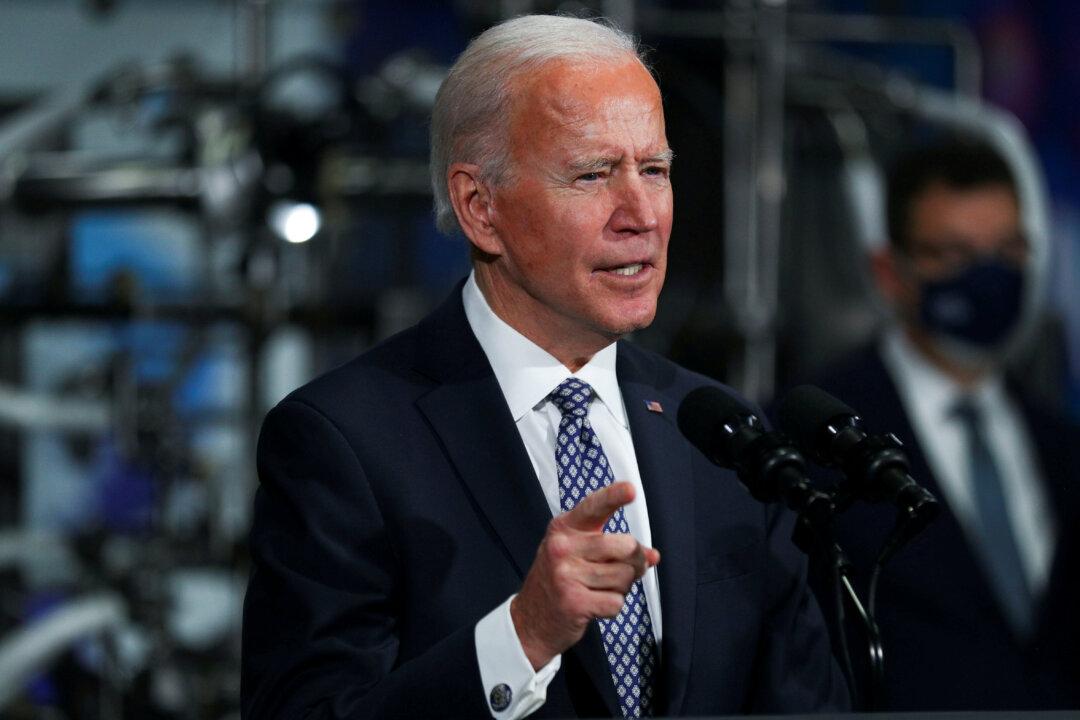A Biden administration official suggested Friday that the United States wasn’t planning to sanction Russia over Nord Stream 2, drawing pushback from legislators.
Nord Stream 2 is a project aimed at connecting Russia and Germany through offshore natural gas pipelines. Russia would then be able to better provide natural gas to European nations.





